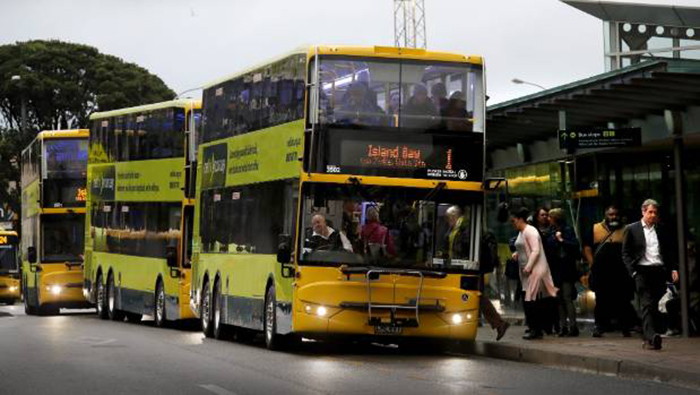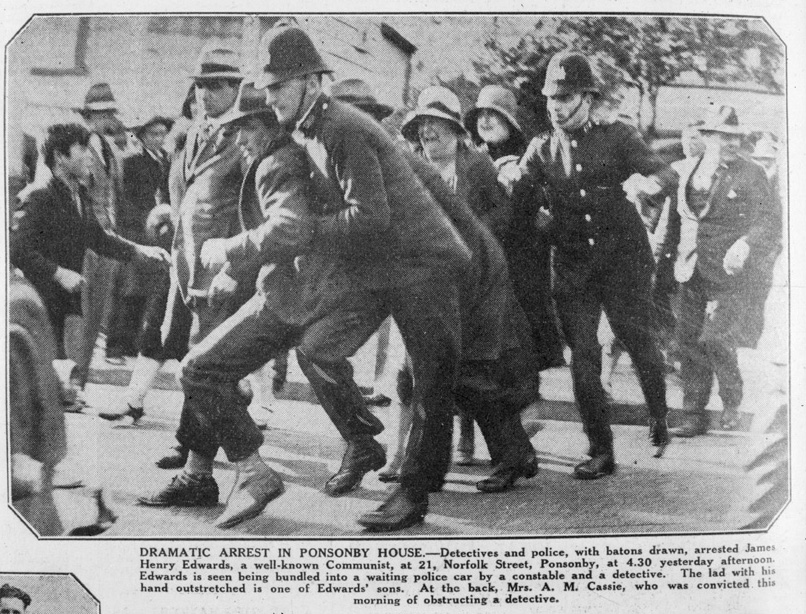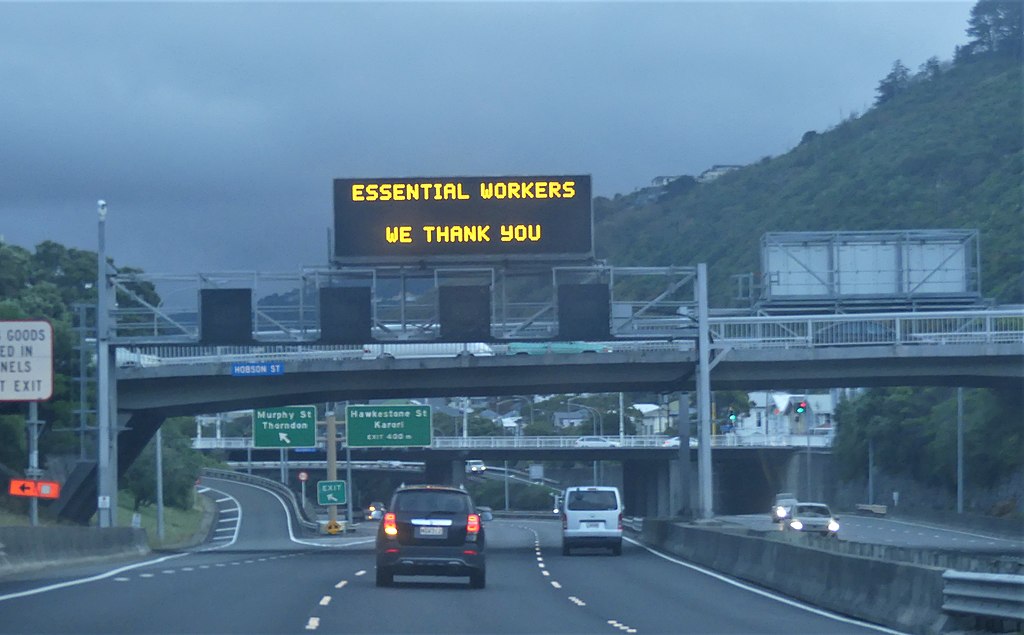Hundreds of Wellington region bus drivers in the Tramways Union have voted for an ongoing strike from 23 October. Three bus companies that operate in the region may be affected: NZ Bus, Tranzit and Uzabus. Since the regional council awarded a large chunk of routes to Tranzit, drivers have lost their jobs or work under far worse terms and conditions. Tranzit has refused to negotiate a collective agreement with the Union.
Wellington’s bus services have been in chaos for months since new schedules were implemented. Greater Wellington Regional Council is responsible for bus services, parcelled out to five companies, and the suburban rail network. There is no ticketing integration overall, or even between all bus companies.
The reason for this mess is the contracting-out system. Wellington’s electric trolley bus network was scrapped last year in favour of polluting diesel buses purely to facilitate competition. Contracts were awarded to the companies that bid the lowest, and they seek to make their profit at the expense of drivers’ conditions and passenger services. On every count the use of the free market to run publicly-funded services has proven to be a failure.
It is not only Wellington where bus drivers have come to the end of their tethers. Throughout the year bus drivers in Auckland and the Waikato have taken strike action against intolerable conditions.
The responsibility for the present fiasco lies with a spread of political forces. It was the National government, and in particular Minister of Transport Simon Bridges, that introduced the Public Transport Operating Model and gave legal effect to it through the Land Transport Management Amendment Act 2013. The objective of the PTOM is explained on the Transport Ministry website:
- to grow the commerciality of public transport services and create incentives for services to become fully commercial
- to grow confidence that services are priced efficiently and there is access to public transport markets for competitors.
The National Party is not alone in blame. Greater Wellington Regional Council has fully collaborated in the commercialisation. The GWRC chairperson is former Labour MP Chris Laidlaw. Several of the regional councillors are Labour members. The Labour Party and the present government have no plans to drop the PTOM.
The socialist response to the insanity of commercialisation is to demand that regional public transport is taken in-house to be operated directly by the regional council. The whole bus and rail system could then be run seamlessly for one purpose: to serve public needs. Instead of rate-payer money being siphoned off into private company profits it could go 100 percent into running the service. If run directly, the public transport system would be under democratic control and could be made responsive to the needs of local communities.
The fight by the Tramways Union in Wellington for collective agreements, and by bus drivers’ elsewhere, has the potential to upset the whole contracting-out applecart. If the drivers’ strike goes ahead from 23 October, let’s all get behind the Union and generate the maximum solidarity possible.









